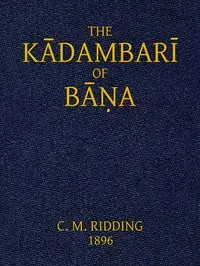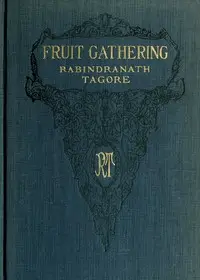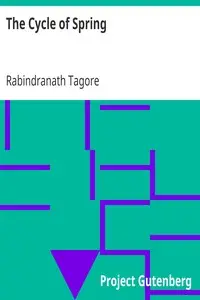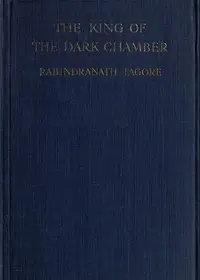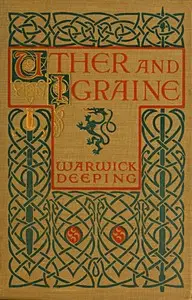"Chitra, a Play in One Act" by Rabindranath Tagore is a moving play that reimagines a tale from the Mahabharata, diving into what it means to love and be true to yourself. The story centers on Chitra, a courageous princess who feels out of place in a world run by men, who falls deeply in love with the prince, Arjuna. Desperate to win his heart, she uses magical powers to become beautiful. As the year goes on, Chitra struggles with hiding her true self and worries that Arjuna won't love the real her. In the end, she must decide whether to continue the lie or show Arjuna her real, strong, and brave self, hoping he will accept her for who she truly is beyond just looks.
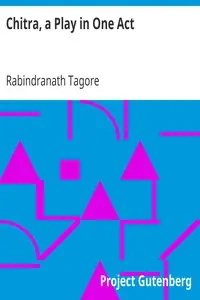
Chitra, a Play in One Act
By Rabindranath Tagore
A warrior princess, longing for love, borrows beauty only to discover her true strength lies in revealing her authentic self and hoping to be accepted for it.
Summary
About the AuthorRabindranath Tagore was a Bengali poet, writer, playwright, composer, philosopher, social reformer, and painter of the Bengal Renaissance. He reshaped Bengali literature and music as well as Indian art with Contextual Modernism in the late 19th and early 20th centuries. Author of the "profoundly sensitive, fresh and beautiful" poetry of Gitanjali, in 1913 Tagore became the first non-European and the first lyricist to win the Nobel Prize in Literature. Tagore's poetic songs were viewed as spiritual and mercurial; where his elegant prose and magical poetry were widely popular in the Indian subcontinent. He was a fellow of the Royal Asiatic Society. Referred to as "the Bard of Bengal", Tagore was known by the sobriquets Gurudeb, Kobiguru, and Biswokobi.
Rabindranath Tagore was a Bengali poet, writer, playwright, composer, philosopher, social reformer, and painter of the Bengal Renaissance. He reshaped Bengali literature and music as well as Indian art with Contextual Modernism in the late 19th and early 20th centuries. Author of the "profoundly sensitive, fresh and beautiful" poetry of Gitanjali, in 1913 Tagore became the first non-European and the first lyricist to win the Nobel Prize in Literature. Tagore's poetic songs were viewed as spiritual and mercurial; where his elegant prose and magical poetry were widely popular in the Indian subcontinent. He was a fellow of the Royal Asiatic Society. Referred to as "the Bard of Bengal", Tagore was known by the sobriquets Gurudeb, Kobiguru, and Biswokobi.






